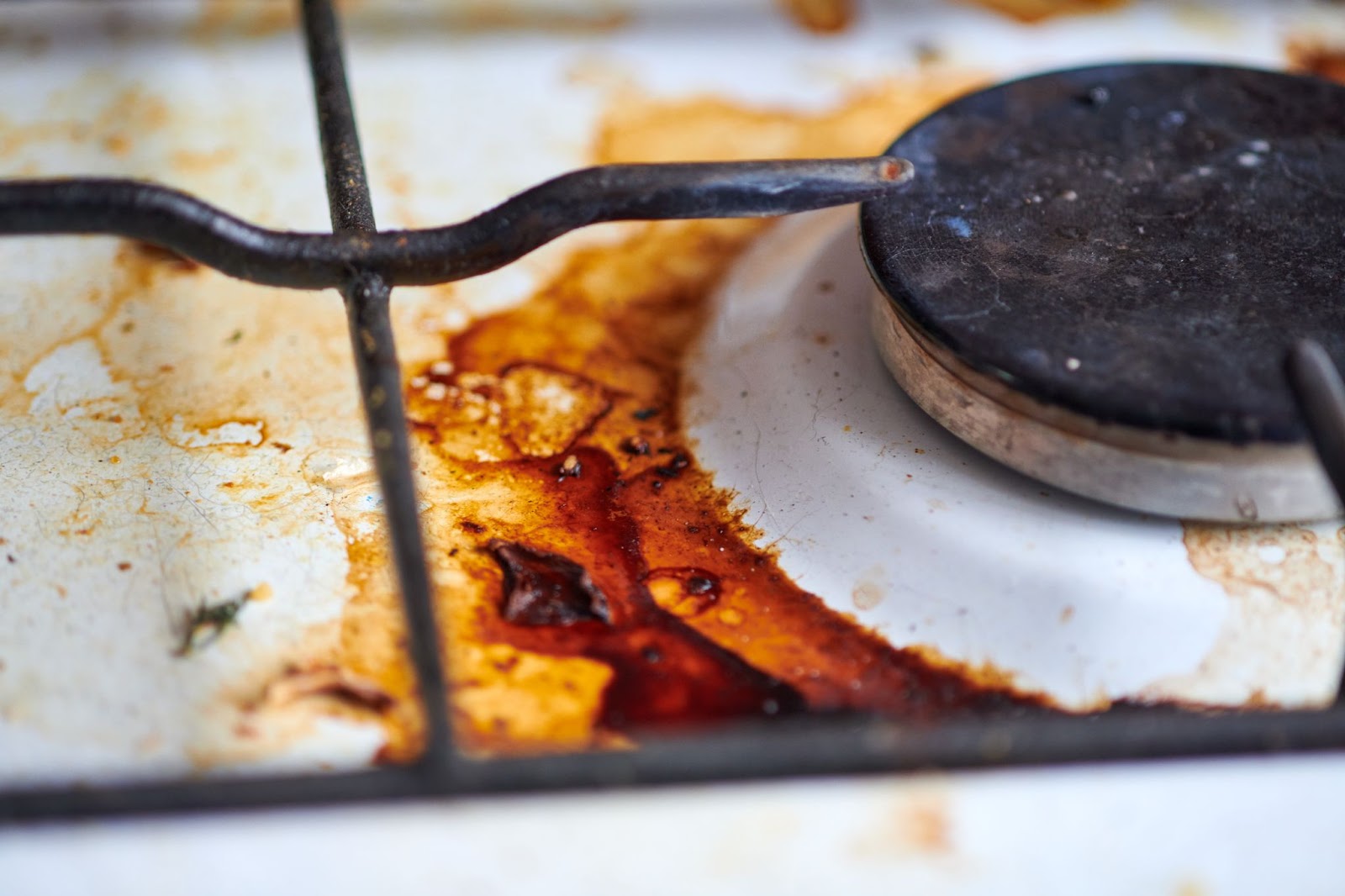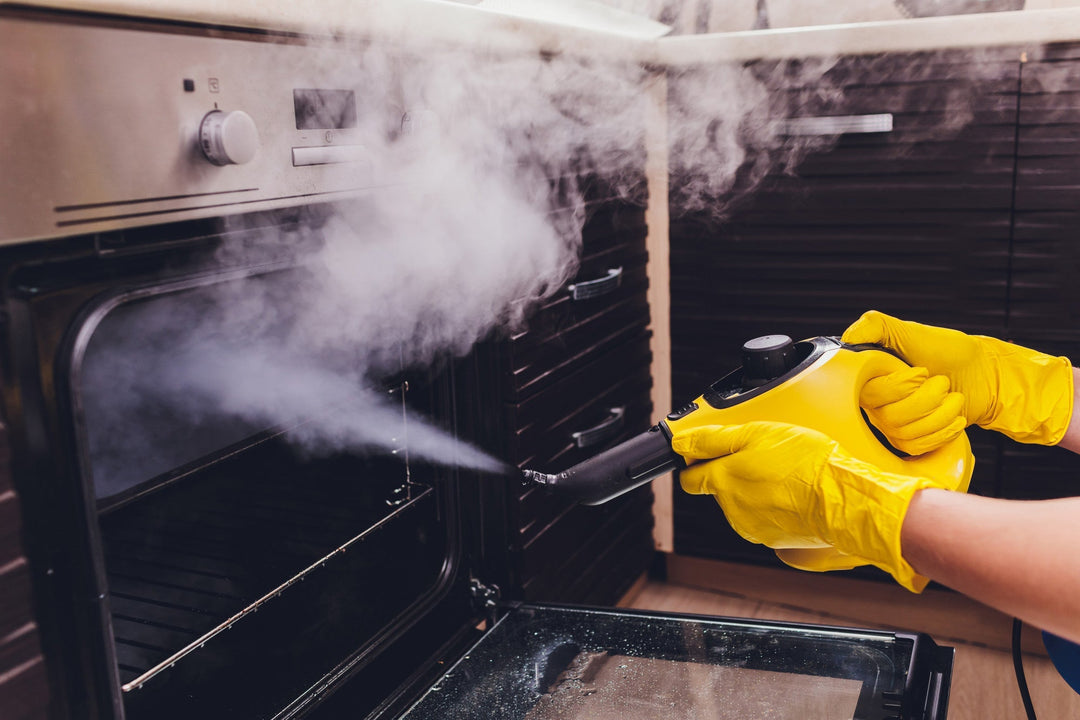Understanding the Environmental Impact of Proper Grease Disposal

Proper grease disposal is a critical aspect of environmental protection that is often overlooked. The consequences of improper disposal can be far-reaching, affecting not only local ecosystems but also contributing to global issues like climate change.
Grease, particularly from commercial kitchens, poses significant challenges when not managed correctly. When poured down drains or discarded with regular trash, it can wreak havoc on sewage systems and contaminate water sources.
Understanding the impact of grease disposal and implementing best practices is essential for businesses and individuals alike. By prioritizing proper management, we can mitigate risks, protect the environment, and contribute to a more sustainable future.
What is Proper Grease Disposal?
Proper grease disposal involves capturing fats, oils, and grease (FOG) before they enter municipal sewer systems using comprehensive FOG management solutions. This is typically accomplished using tools like grease traps or advanced grease management systems—specialized devices installed in plumbing systems to intercept and collect FOG.
Regular maintenance and cleaning of these traps by professionals is crucial to ensure they function effectively and remain compliant with local regulations. Businesses can streamline this process by partnering with experienced providers, such as MFS Trade School, who offer comprehensive hands-on kitchen exhaust hood cleaning training services.
Many waste management companies take proper disposal a step further by recycling collected grease into eco-friendly products through eco-friendly grease management services. Used cooking oil, for example, can be transformed into biodiesel—a renewable fuel that reduces reliance on fossil fuels. By participating in these recycling programs, businesses contribute to sustainable energy solutions while responsibly managing their waste.
The Consequences of Improper Grease Disposal
Improper disposal of grease presents a wide array of environmental and infrastructural challenges. When grease enters plumbing systems, it does not dissolve easily and instead solidifies along pipe walls. This process leads to significant blockages, causing disruptions in wastewater flow and necessitating expensive repairs for municipal systems. Businesses can face financial penalties for failing to adhere to grease management regulations, underscoring the importance of proper disposal methods. For additional insights, check out our FAQs about kitchen exhaust hood cleaning.
The environmental ramifications extend beyond local plumbing issues. Disposing of grease in landfills without regard for its impact results in the production of methane—a potent greenhouse gas that significantly contributes to global warming. The anaerobic decomposition of grease and other organic materials in landfills intensifies this issue, highlighting the need for recycling initiatives that transform waste grease into biodiesel, thereby reducing greenhouse gas emissions.
Water systems are particularly vulnerable to the effects of improper grease disposal. Blockages in sewer systems can cause untreated sewage to overflow into natural waterways, leading to widespread contamination. This pollution harms aquatic ecosystems by reducing oxygen levels, which is detrimental to marine life. Additionally, grease can permeate soil, leading to the contamination of groundwater supplies. This poses serious health risks, as polluted groundwater is unsuitable for drinking and agricultural use. Addressing these challenges requires a strategic approach to grease management, focusing on prevention, education, and adherence to industry best practices, such as Grease Guardian solutions for wastewater systems.
The Environmental Impact of Grease
Water Pollution
Grease disposal poses severe threats to aquatic environments through its ability to form a barrier on water surfaces. This barrier hampers sunlight penetration, crucial for sustaining photosynthetic aquatic plants, thus leading to decreased oxygen levels. A reduction in oxygen directly affects the survival of fish and other organisms, creating inhospitable conditions. Grease also introduces a variety of hazardous substances into the water, which can exacerbate the pollution problem and endanger aquatic habitats.
Additionally, when sewer systems overflow due to grease blockages, untreated wastewater can spread toxins across vast areas. These events extend the reach of pollutants, affecting ecosystems and making it vital to adopt stringent grease management practices to safeguard water bodies and their inhabitants.
Harm to Wildlife
The consequences of grease on wildlife can be both immediate and severe. Birds and other animals exposed to grease can suffer from compromised insulation and mobility. Grease-coated feathers lose their ability to retain heat, crucial for temperature regulation, while ingestion of grease can lead to health deterioration. For aquatic life, the introduction of fats and oils into their environment disrupts natural chemical balances, affecting their health and reproductive capabilities.
The impact of grease extends far beyond immediate disposal sites, indicating a need for comprehensive strategies to manage its effects on interconnected ecosystems.
Soil Contamination
When grease infiltrates soil, it can significantly alter its composition, affecting its ability to support plant life. This contamination can impede nutrient absorption and disrupt plant growth cycles, leading to reduced agricultural productivity. As grease-laden soil requires extensive remediation efforts to restore its health, the economic and environmental costs can be substantial.
Addressing soil contamination involves employing advanced rehabilitation techniques to detoxify and rejuvenate the soil. This highlights the importance of proactive measures to prevent grease from entering the soil in the first place, ensuring the preservation of healthy, fertile land.
Best Practices for Eco-Friendly Grease Management
Embracing eco-friendly grease management practices is vital for reducing environmental impact and ensuring compliance with industry standards. Implementing grease interceptors is a crucial measure to trap fats, oils, and grease (FOG) before they infiltrate the wastewater system. These interceptors demand consistent upkeep—scheduling periodic inspections and cleanings prevents accumulation and ensures optimal performance. Proactive maintenance is essential to avoid costly blockages and protect local water systems.
Another significant practice is repurposing grease through advanced recycling processes. Sending waste grease to facilities that convert it into biodiesel or other sustainable products not only curtails landfill waste but also supports the production of renewable energy. This approach aligns with efforts to reduce carbon footprints, turning potential pollutants into valuable resources that bolster environmental and economic sustainability.
Effective waste segregation further enhances grease management initiatives. By utilizing dedicated containers to isolate grease from other refuse, businesses can prevent contamination and facilitate efficient disposal. Comprehensive staff training on proper disposal methods is also crucial. Educating employees on safe handling and environmental compliance fosters a culture of sustainability and mitigates pollution risks, as outlined in the Foodservice Fat, Oil, and Grease Management Guide. For more training, consider our online course for commercial kitchen appliance cleaning.
The Benefits of Proper Grease Disposal
Implementing effective grease disposal strategies offers a multitude of advantages that extend well beyond regulatory compliance. Businesses that integrate environmentally responsible practices into their operations can significantly boost their brand image. By actively participating in sustainable practices, they appeal to consumers who prioritize environmental conservation, fostering a strong sense of loyalty. This alignment with eco-friendly values not only enhances customer retention but also sets businesses apart in a crowded marketplace.
From a financial perspective, adhering to best practices in grease management leads to considerable cost savings. Routine maintenance and strategic disposal methods help avert disruptions and avoid fines linked to negligence, thus ensuring seamless operations. Learn more through our online course for restaurant cleaning business setup.
On a broader scale, responsible grease management has a positive ripple effect on surrounding communities. Businesses that uphold high standards in waste management contribute to cleaner environments and healthier ecosystems. This proactive approach supports community resilience and ensures the availability of natural resources for future generations. By fostering partnerships and engaging with the local community, businesses play a crucial role in promoting ecological stability and sustainable progress.
Partnering with Professionals for Sustainable Solutions
Engaging with specialized service providers in the field of grease management offers a range of strategic advantages. These professionals leverage cutting-edge methods and sustainable practices to ensure that waste is managed with precision and care. By employing eco-conscious cleaning techniques and adhering to industry-leading standards, they help businesses navigate the complexities of environmental regulations with confidence. For additional guidance, explore our online coaching for exhaust hood cleaning business owners.
Comprehensive service packages that include grease trap maintenance, collection of used cooking oil, and industrial waste solutions can optimize operational efficiency. This integrated approach not only enhances workflow but also safeguards against potential environmental mishaps. By delegating these essential tasks to seasoned experts, businesses can concentrate on their primary objectives, knowing their environmental obligations are being diligently fulfilled. This synergy between services supports uninterrupted operations and fortifies the integrity of grease management systems.
Collaborating with industry experts also reinforces a commitment to ecological responsibility that transcends immediate business activities. By utilizing innovative equipment and following best-in-class practices, these partners contribute significantly to preserving local natural resources. Their work is integral to broader environmental initiatives, fostering a cleaner and more sustainable community. Through strategic partnerships in grease management, businesses not only meet compliance requirements but actively participate in the stewardship of a sustainable future.
By prioritizing proper grease disposal and partnering with experienced professionals, you can make a significant impact on the environment while ensuring the success of your business. We invite you to join us in our mission to create a more sustainable future through responsible grease management practices. Explore training and certification courses to start or grow your cleaning business and become a part of the solution today.






